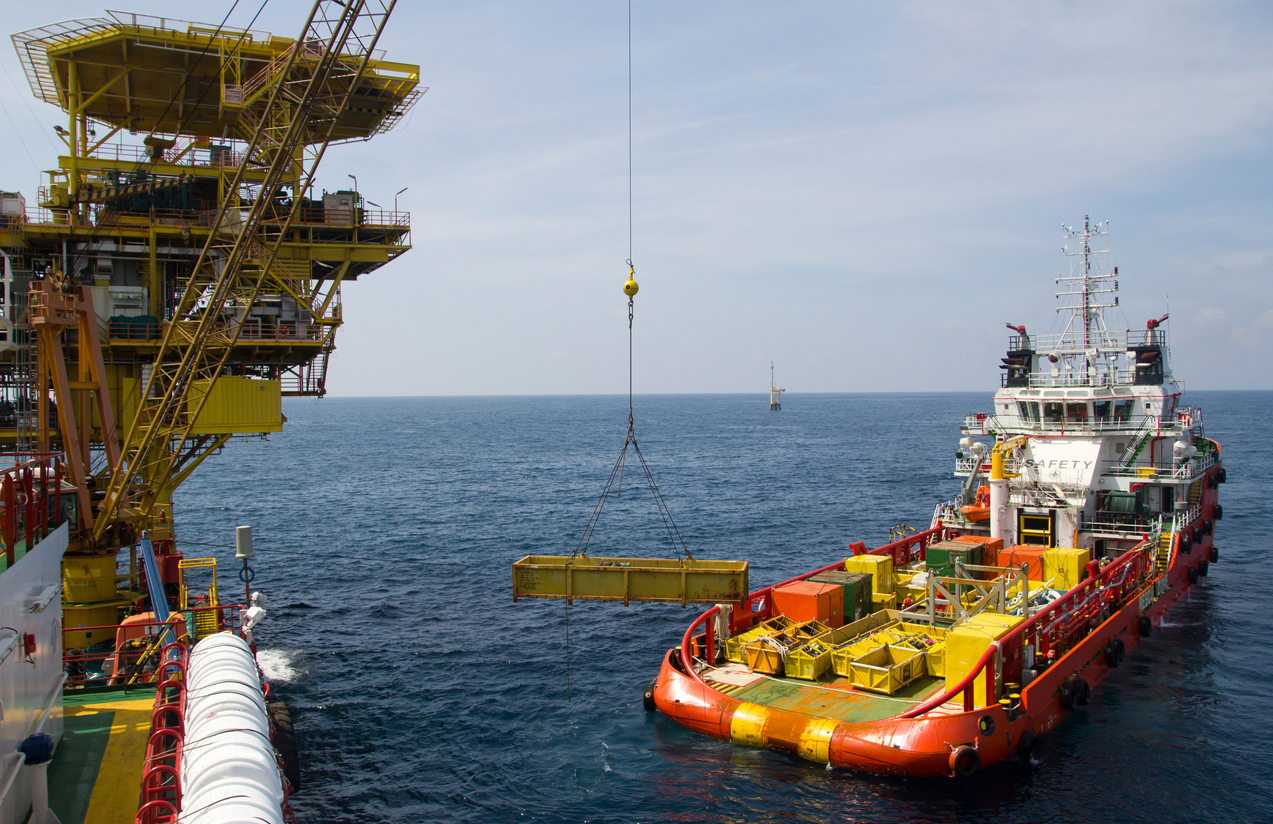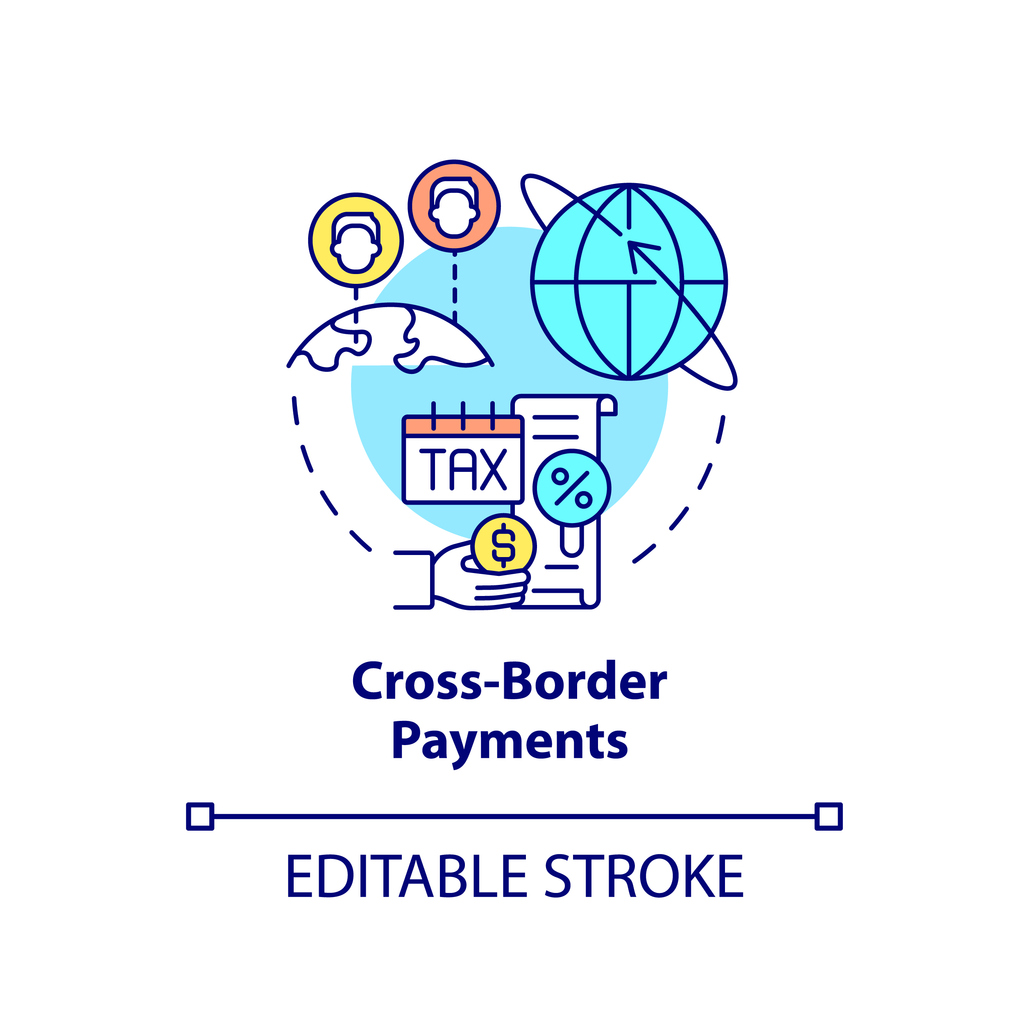Understanding Marine Leasing: A Strategic Approach to Maritime Asset Management
Marine leasing is a strategic approach that allows companies to acquire and manage maritime assets, such as vessels, offshore equipment, and port infrastructure, without the significant upfront costs associated with purchasing. This flexible solution is becoming increasingly popular in the maritime industry as businesses seek to optimize their operations and maintain financial flexibility. In this article, we’ll delve into what marine leasing entails, its benefits, and how it can be a valuable option for companies involved in maritime operations.
What is Marine Leasing?
Marine leasing refers to the practice of renting or leasing maritime assets, such as ships, boats, offshore rigs, and other equipment, for a specified period. Instead of purchasing these assets outright, companies can lease them from leasing firms or financial institutions. This arrangement allows companies to use the latest technology and equipment while avoiding the high capital expenditures typically associated with buying marine assets.
Types of Marine Leasing:
- Operating Lease: In an operating lease, the lessee rents the asset for a shorter period, usually less than the asset’s useful life. The lessor retains ownership of the asset and is responsible for its maintenance and insurance.
- Finance Lease: A finance lease, also known as a capital lease, is a long-term arrangement where the lessee assumes many of the risks and rewards of ownership. At the end of the lease term, the lessee may have the option to purchase the asset at a predetermined price.
Benefits of Marine Leasing
Marine leasing offers several advantages that make it an attractive option for businesses in the maritime industry:
1. Reduced Capital Expenditure
One of the primary benefits of marine leasing is the significant reduction in upfront capital expenditure. Purchasing vessels and other marine assets requires a substantial financial investment, which can strain a company’s resources. Leasing allows businesses to allocate their capital more efficiently, investing in other areas of growth and operations while still having access to the necessary equipment.
2. Financial Flexibility
Leasing provides companies with greater financial flexibility. By spreading the cost of using marine assets over the lease term, companies can manage their cash flow more effectively. This flexibility is especially valuable in an industry as capital-intensive as maritime operations, where unexpected expenses can arise.
3. Access to the Latest Technology
Marine leasing enables companies to access the latest technology and equipment without committing to a long-term purchase. This is particularly beneficial in an industry where technological advancements can quickly render older equipment obsolete. Leasing allows companies to upgrade their assets more frequently, ensuring they remain competitive and efficient.
4. Operational Efficiency
Leasing arrangements often include maintenance and servicing, which can enhance operational efficiency. With the lessor responsible for upkeep, companies can focus on their core operations without the added burden of asset management. This arrangement also reduces downtime, as the lessor typically ensures that leased assets are well-maintained and in optimal condition.
5. Risk Management
Marine leasing helps companies manage risk by avoiding the potential depreciation and obsolescence of purchased assets. Since the lessor retains ownership, the lessee is not directly exposed to the risks associated with asset value fluctuations. This arrangement is particularly advantageous in volatile markets where asset values can change rapidly.
Applications of Marine Leasing
Marine leasing is applicable across various sectors within the maritime industry:
1. Shipping and Logistics
Shipping companies often lease vessels to expand their fleets without the significant capital outlay required for purchasing. This approach allows them to meet fluctuating demand and optimize fleet size based on market conditions.
2. Offshore Energy
In the offshore energy sector, leasing equipment such as drilling rigs, supply vessels, and support infrastructure can provide the flexibility needed to adapt to project timelines and budget constraints.
3. Port Infrastructure
Ports and terminals may lease equipment like cranes, forklifts, and other handling machinery to maintain operational efficiency without the high costs associated with purchasing and maintaining such assets.
4. Fishing and Aquaculture
Leasing boats and equipment in the fishing and aquaculture industry allows operators to scale their operations quickly and efficiently, adapting to changes in demand and environmental conditions.
How to Choose the Right Marine Leasing Partner
Selecting the right leasing partner is crucial for maximizing the benefits of marine leasing. Companies should consider factors such as the lessor’s reputation, the flexibility of lease terms, maintenance and support services, and the overall cost of the lease. Working with a leasing partner that understands the specific needs of the maritime industry can help ensure a successful and mutually beneficial arrangement.
Conclusion
Marine leasing is a valuable tool for companies looking to optimize their maritime operations while maintaining financial flexibility. By leasing rather than purchasing maritime assets, businesses can reduce capital expenditures, access the latest technology, and manage risks more effectively. Whether you’re expanding your fleet, upgrading your port infrastructure, or entering new markets, marine leasing offers a flexible and cost-effective solution that can help you achieve your goals.
At Wigmore Trading, we understand the challenges and opportunities in the maritime industry. Our marine leasing solutions are designed to provide the flexibility and support you need to succeed in a competitive and dynamic environment.
Get in Touch:
Interested in exploring marine leasing options for your business? Contact Wigmore Trading today to learn more about how we can support your maritime operations with tailored leasing solutions. Visit our website, email, or call us, and let’s work together to optimize your operations.








Comments are closed.